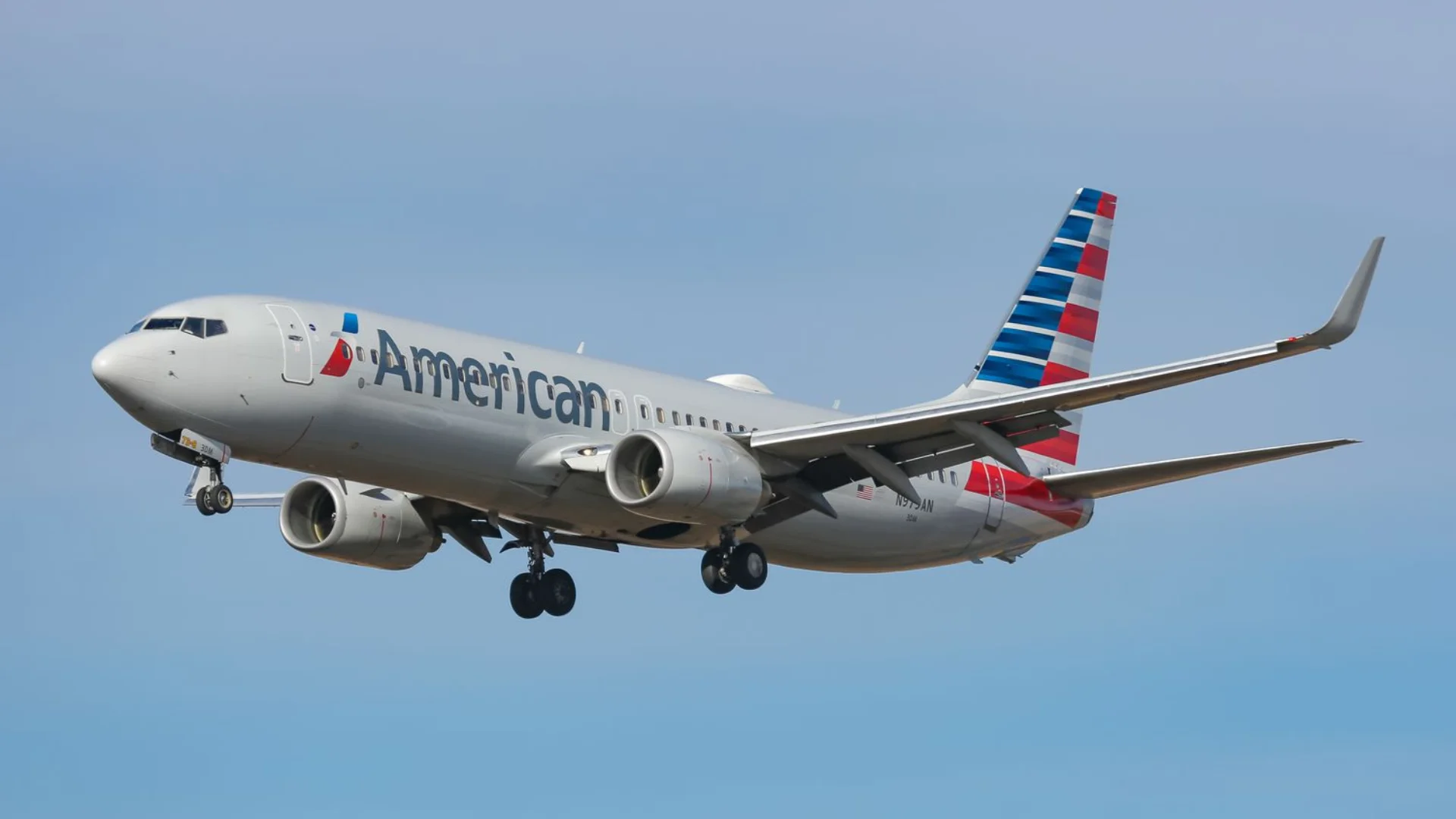In the early 1950s, McDonnell Aircraft Corporation aimed to develop a private business jet for executives. This led to the creation of the Model 119, a four-engine aircraft with unique design features. Despite significant efforts, the project was eventually abandoned.
In 1957, McDonnell embarked on designing a jet for private companies and government agencies. The Model 119 was intended to offer luxury, speed, and efficiency for corporate travelers seeking alternatives to commercial flights. It could carry up to 12 passengers comfortably.
The Model 119 featured four Westinghouse J34-WE-36 engines mounted on its fuselage and had a V-tail configuration aimed at improving aerodynamic efficiency. It was pressurized for high-altitude flight with a maximum altitude of about 40,000 feet and could reach speeds of 400 mph with a range of 1,800 miles.
 Alerts Sign-up
Alerts Sign-up







